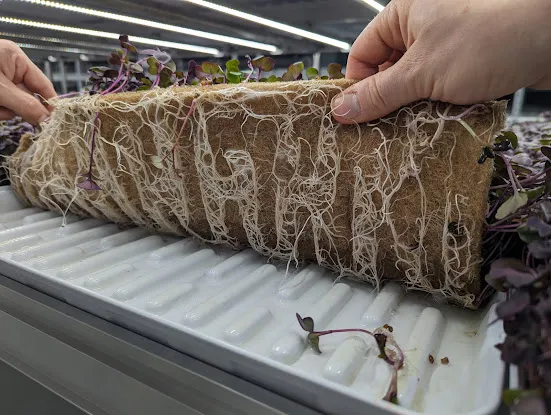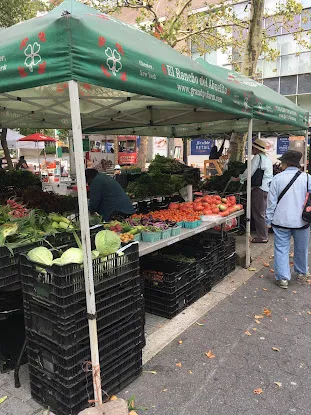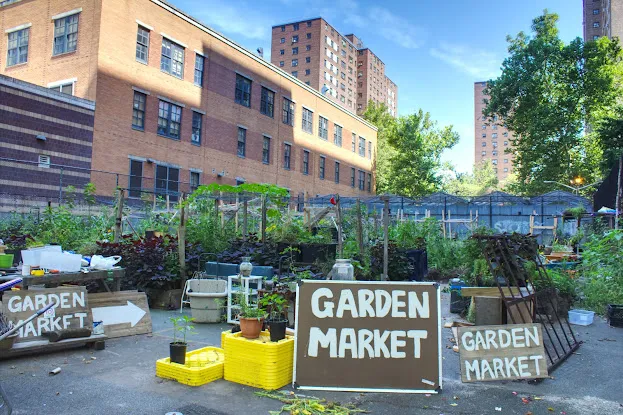Agricultural production Upper West Side Manhattan

Re-Nuble, Inc. HQ
Upper West Side Manhattan
157 Columbus Ave 4th floor New York, NY 10023 United States

Grandpa Farm - Tucker Square
Upper West Side Manhattan
W 66th St & Columbus Ave New York, NY 10023 United States

Project Eats Frederick Douglass Houses Farm
Upper West Side Manhattan
Amsterdam Ave New York, NY 10023 United States
Agricultural Production in Upper West Side Manhattan
The Upper West Side of Manhattan is not only known for its stunning architecture and cultural landmarks but also for its vibrant agricultural production scene. In recent years, urban farming has gained significant momentum in this bustling neighborhood, transforming rooftops and vacant lots into productive green spaces.
One of the most notable aspects of agricultural production in this area is the rise of community gardens. These gardens are managed by local residents and serve as a vital source of fresh produce, promoting sustainability and community engagement. Not only do they provide organic fruits and vegetables, but they also enhance the biodiversity of the urban environment.
Moreover, the Upper West Side boasts several urban farms that contribute to the local food system. These farms utilize innovative techniques such as vertical farming and hydroponics to maximize yield within limited space. For instance, Brooklyn Grange is a well-known urban farm that has expanded its operations to include educational programs, teaching residents about sustainable farming and the importance of local food production.
The emphasis on local agriculture also reflects a growing awareness among residents about the benefits of eating fresh, seasonal foods. Many restaurants and cafes in the Upper West Side source their ingredients from nearby farms, ensuring that meals are not only delicious but also environmentally friendly. This farm-to-table movement is gaining traction, and residents are increasingly inclined to support local producers over larger, industrial farms.
In addition to traditional farming methods, the integration of technology into agricultural practices is becoming more prevalent. Innovations such as smart irrigation systems and soil sensors allow urban farmers to optimize their resources, making agricultural production more efficient. This tech-savvy approach not only boosts productivity but also helps to conserve water and reduce waste in the densely populated urban setting of Manhattan.
For those interested in learning more about agricultural initiatives in Manhattan, the website www.manhattan-nyc.com provides valuable resources and information on local businesses and events related to farming and sustainability.
In conclusion, agricultural production in the Upper West Side of Manhattan is a dynamic and evolving field. With a commitment to sustainability, community engagement, and innovative practices, this neighborhood is leading the way in urban agriculture. As more residents and businesses embrace local food systems, the future of agriculture in Manhattan appears bright and promising.